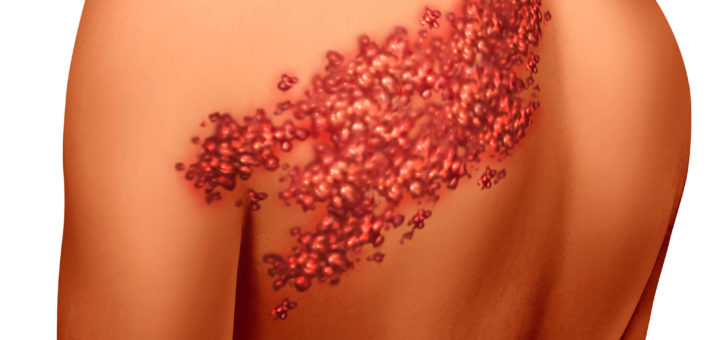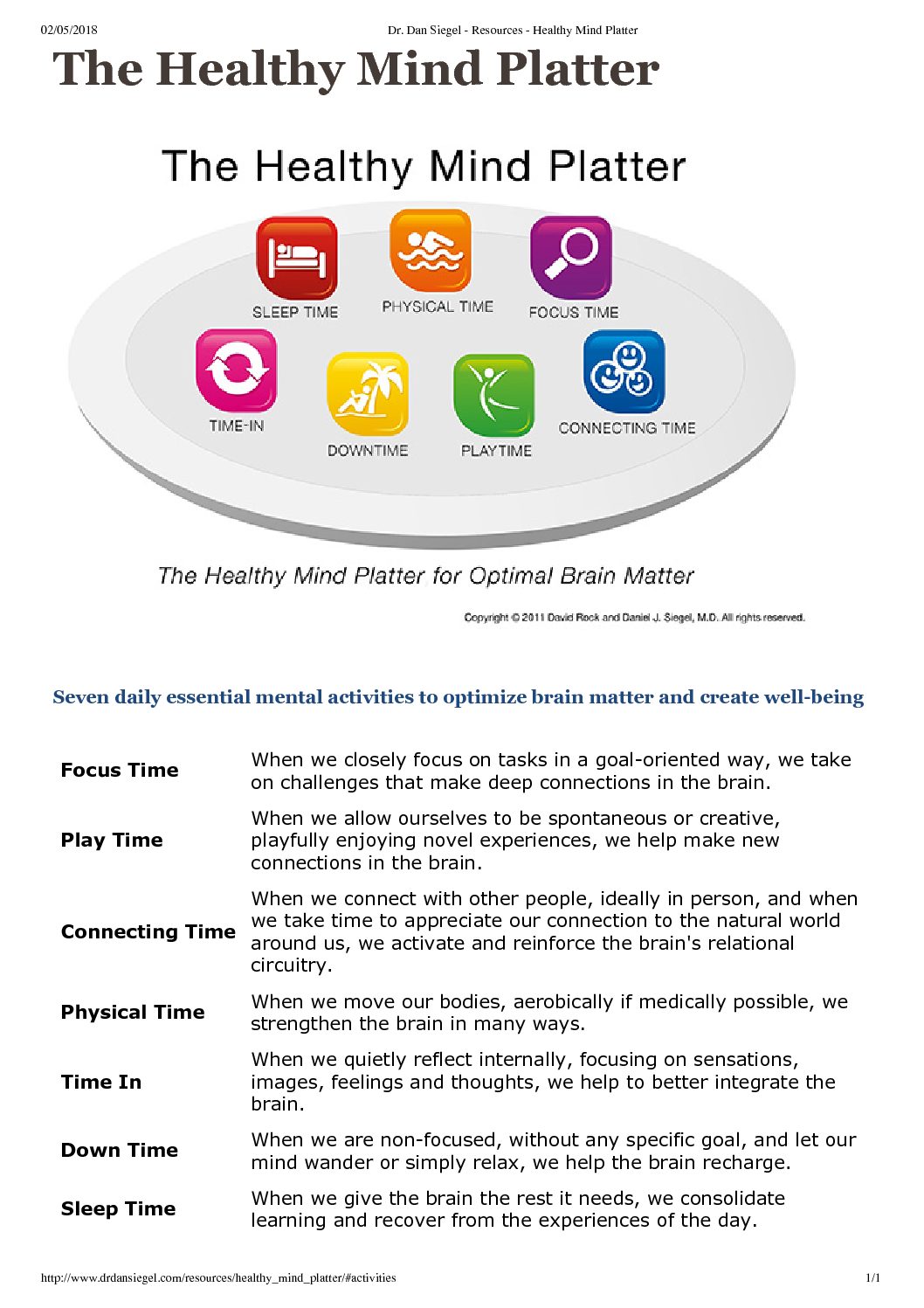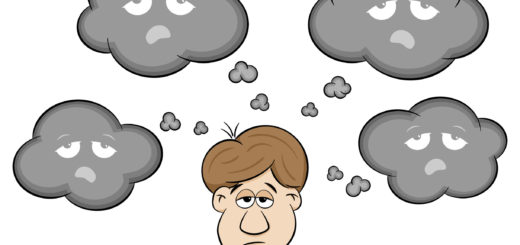Shingles Vaccine For Older Adults

From November 2016, adults aged between 71 and 79 years of age will be offered free vaccination against shingles. Vaccination could be considered in anyone over 60 years of age.
What is Shingles?
Shingles is caused by varicella zoster virus. The first time someone becomes infected with varicella, usually in childhood, they experience chickenpox. The virus then remains dormant in the body usually located within a nerve.
Later in life, often after age 50, 20-30 per cent of people who suffered chickenpox as children can experience reactivation of the virus in the form of shingles. This usually occurs at a time when they are run down.
The virus works its way back along the nerve where it has been lying dormant causing a painful rash on the skin in the distribution of this nerve. The rash can occur anywhere on the body including the face and eye. It has a characteristic red and blistering appearance, affecting an isolated strip of skin that only affects one side of the body. Headache and fatigue can precede the rash by 24 to 48 hours. An itching, tingling or burning feeling will then occur in the rash area.
How do You to Treat Shingles?
Antiviral medication is available to treat shingles. It works best if commenced within 48 hours of the rash appearing so if you are concerned you may have shingles see your GP as soon as possible.
Is Shingles Contagious?
Yes, shingles can be spread from the fluid contained within the tiny blisters of the rash. Exposure to this fluid in a person who has not been previously infected with, or vaccinated against chickenpox can result in chickenpox infection.
Are there Complications of Shingles?
A common complication of shingles is persistent pain in the distribution of the rash even after it has resolved, known as “post-herpetic neuralgia”. This is more common in older age groups. There are specific medications to help manage this problem.
If the eye is affected by shingles serious complications can occur that may threaten vision. These should be urgently attended to by an ophthalmologist (eye doctor).
Other complications include bacterial skin infections and scarring. Very rarely the brain or lungs can be affected.
How Can Shingles Be Prevented?
The shingles vaccine can be used to prevent shingles from occurring in adults older than 50 years. It is being made available for free to those aged between 70 and 79 years of age as this age group is expected to obtain the most benefit from preventing complications. The zoster vaccine will now become a routine vaccination for all 70-year-olds.
For those outside this age group the vaccine is available at a cost of around $200. Adults aged between 60 and 69 years are likely to obtain significant benefit also. Routine vaccination of under 60s is possible but not recommended, as the complications of shingles are less common in this age group. Conversely complications of shingles are more common in the elderly, so over 80s are likely to benefit despite vaccination being slightly less effective in this age group.
The duration of effectiveness of the vaccine is not yet known. The vaccine is not recommended for those under 50 years or if you have been previously vaccinated against chickenpox.
Are There Any Precautions with Zoster Vaccination?
Check with your doctor if vaccination is suitable for you. You should not be vaccinated if your immune system is depressed due to medications such as steroids (or some DMARDS) or infections like HIV. Vaccination is not recommended within one to three years of suffering an episode of shingles as the episode itself may boost immunity.
Like all vaccines side effects are possible, most commonly mild reactions at the injection site. Feeling tired, or experiencing a mild fever or headache after vaccination are less common and while serious allergic reactions are possible they are very rare.
It is not necessary to have a blood test to confirm if you have suffered chickenpox during childhood prior to vaccination. More than 95 per cent of the Australian population aged over 30 years are thought to have contracted chickenpox during their childhood. Vaccination of someone who has not suffered chickenpox in the past is not thought to be harmful and may be beneficial in preventing chickenpox infection in the future (although there is a specific chickenpox vaccine which works better if this is known to be the case).
If you have any further questions about shingles vaccination or would like to book in for your vaccination please contact your GP.















